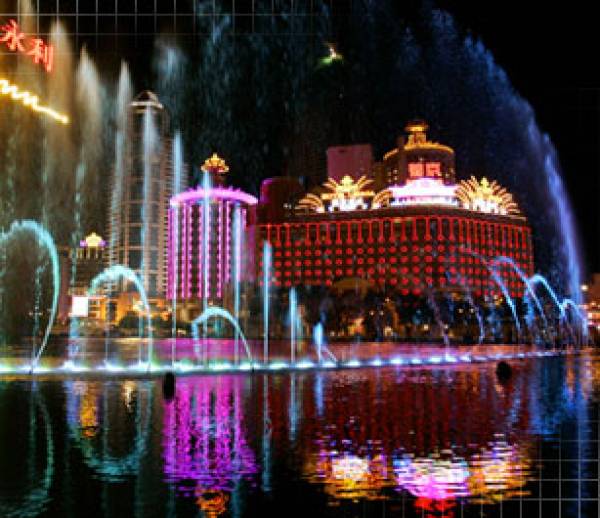China Economic Review: Macau Rising

It is ten years since Macau returned to the People's Republic of China as an SAR and since then it has had almost nothing than phenomenol growth.
The 2008 per-capita GDP of Macao, which lies west of the Pearl River and is China's second special administrative region on the southeast coast of the country, stood at $39,036, a figure that ranks it second in Asia behind only Japan.
There is, however, another side to the story. While the government coffers expand from growing tax revenues collected from the gaming industry there is a strong body of opinion that gambling at this level is something less than socially desirable.
It is true the social welfare system in the region, which is home to 549,200 residents, has improved dramatically in recent years. For example, the Macao Special Administrative Region (SAR) Government began offering 15 years of free education from kindergarten to senior high school.
Alibaba reports that in 2002 the SAR Government of Macao liberalized its gaming industry and the acceptance of new gaming concessions in 2002.
The change put an end to the decades-long monopolization of the business by casino magnate Stanley Ho. Now Macao is home to six companies with casino licenses, which operate more than 30 gaming establishments. In 2002, they contributed roughly 30% of Macao's GDP and employed more than 10,000 residents. After which it was all upwards. In 2006, Macao surpassed Las Vegas in total revenue to become the gaming capital of the world.
The potential of Macao's tourism market was unleashed by a 2003 policy created by the Central Government, which allowed travelers from the Mainland to visit Hong Kong and Macao on an individual basis.
Source: China Economic Review













